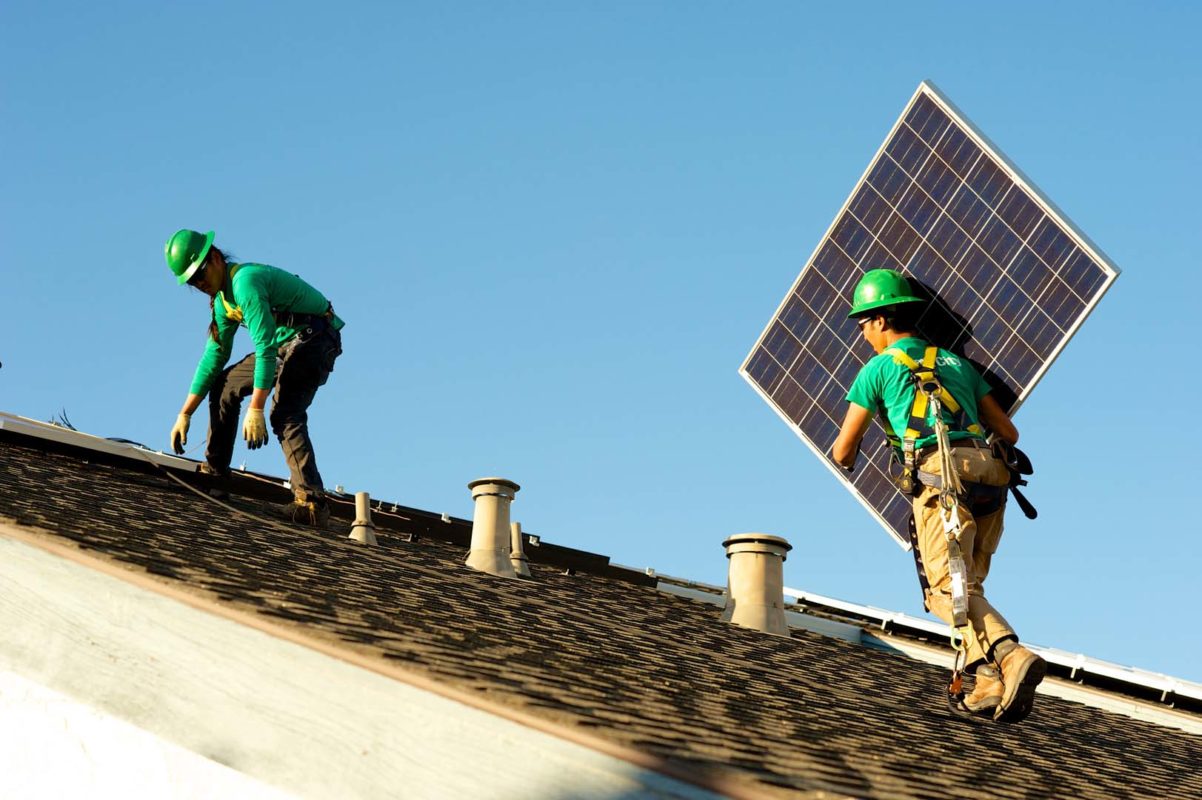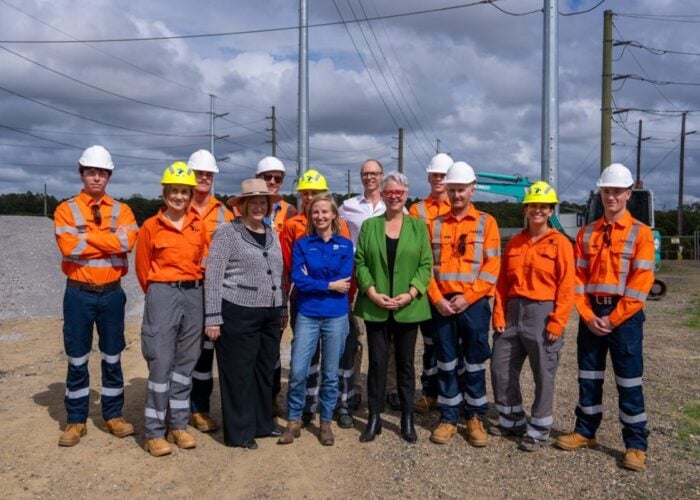
The recovery of clean energy jobs in the US slowed a trickle last month as trade associations have warned it could take years for jobs to return in full without support from Congress.
Analysis of official federal unemployment filings conducted by trade bodies E2, E4TheFuture and the American Council of Renewable Energy (ACORE) that just 3,200 clean energy jobs returned last month, with more than half a million people previously employed in clean energy remaining jobless.
Try Premium for just $1
- Full premium access for the first month at only $1
- Converts to an annual rate after 30 days unless cancelled
- Cancel anytime during the trial period
Premium Benefits
- Expert industry analysis and interviews
- Digital access to PV Tech Power journal
- Exclusive event discounts
Or get the full Premium subscription right away
Or continue reading this article for free
Statistics show that despite more than 106,000 jobs having been created in June 2020, just over 3,000 were created last month as recovery slowed. The US’ renewables sector created more than 17,000 jobs in June, but less than 600 last month.
Between March and April, months when the COVID-19 pandemic first swept the US prompting lockdown measures, almost 600,000 jobs were lost, more than had been anticipated.
At the current pace of recovery, without federal support packages from Congress, it would take nearly 15 years for the clean energy sector to reach employment levels seen pre-COVID 19.
“July’s analysis is cause for grave concern,” said Pat Stanton, policy director at E4TheFuture. “Investing in clean energy today can bring economic, environmental, and equity benefits that will last for decades. Let’s get these workers back on the job now.”
Gregory Wetstone, president and CEO at ACORE, warned that the job recovery was at risk of reversing again.
“What is needed most right now is temporary refundability of renewable tax credits so projects can continue to move forward despite an increasingly constrained tax equity market, and a delay in the scheduled phasedown of existing tax credits.
“Enacting these common sense emergency relief measures into law would stem ongoing job losses in every state and enable the renewable industry to help power the nation’s economic recovery,” he said.






